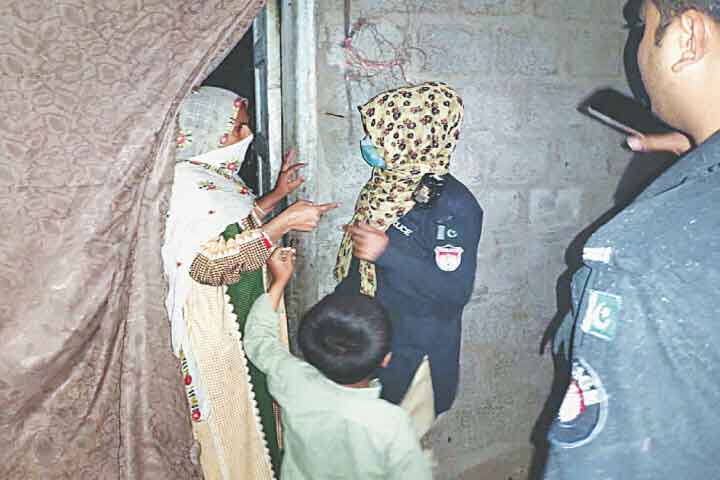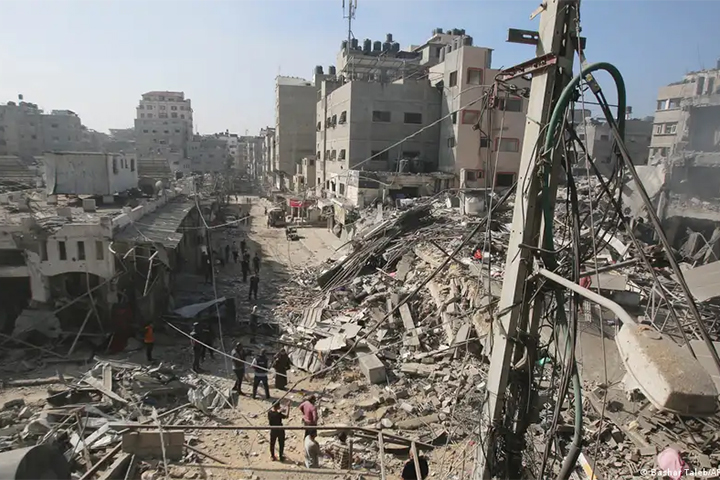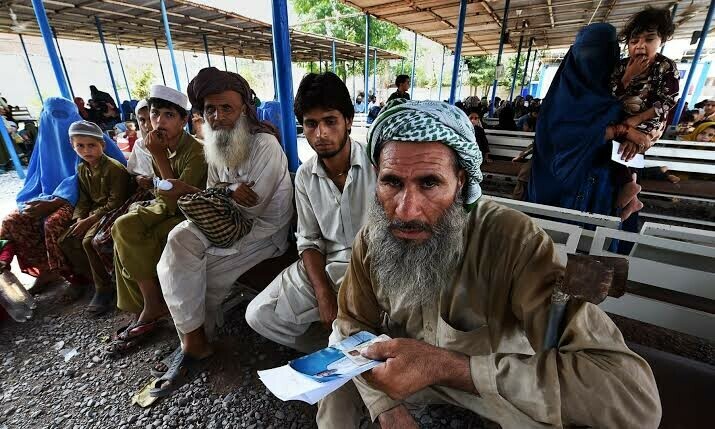Israel's operation in Gaza: International criticism grows
South Africa is the latest country to withdraw its ambasssador from Israel over what it and other nations say is "collective punishment" of civilians. The diplomatic pressure on Israel is growing.
Since the terror attack by Hamas on October 7 that left over 1,400 in Israel dead, Israel has been bombing the Gaza Strip in an effort to destroy the militant group.
The Israeli Defense Forces (IDF) claims to have attacked hundreds of Hamas positions with airstrikes and also launched a ground offensive several days ago.
According to authorities in Gaza, which are controlled by Hamas, more than 10,000 Palestinians, mostly civilians, have died in Israeli bombardment so far.
Hamas is a militant group that the EU, as well as the US, UK, Germany, and other nations have designated a terrorist organization. It has governed the Gaza Strip since 2007.
While Germany and the US have been more muted in criticizing the tactics of Israel's army in Gaza, other governments have been less reserved. Some have announced changes to their diplomatic and economic ties with Israel as analysts have suggested that Israel's siege of Gaza amounts to collective punishment, and that war crimes have been committed there under international humanitarian law.
South Africa: Israeli ambassador's position 'untenable'
On Monday this week, the South African government withdrew its ambassador and diplomatic staff from Israel "for consultation," after describing its ongoing bombardment of the Gaza Strip as "collective punishment."
Recalling an ambassador indicates one country's political dissatisfaction with another, and the recall is often officially called "a consultation." It means that senior government ministers can then personally consult the ambassador about critical topics. It is usually temporary and does not mean that a country has cut off diplomatic relations altogether; often embassy staff remain in the other country and continue to serve their citizens' needs there.
The South Africans are also upset with remarks made by Israel's ambassador to their country in which he criticized locals who had expressed concern about the Israeli bombardment of Gaza and the high civilian death toll. A senior official told local media the Israeli ambassador's position in South Africa might be becoming "untenable" as a result.
Jordan: No ambassador until the end of the 'war'
Jordan was long seen as a key mediator between Israel and the Palestinian territories. Last week, Jordan recalled its ambassador in protest over "the Israeli war on Gaza."
Israel's ambassador to Amman, who is currently not stationed there, was told to not return until Israel had ended the "unprecedented humanitarian catastrophe" in the Gaza enclave.
Until 2020, Jordan and Egypt were the only two countries in the region to have diplomatic ties with Israel.
Bahrain: Unclear relationship
In 2020, Bahrain and the United Arab Emirates were the first two Gulf States to agree to diplomatic ties with Israel. Last Thursday, Bahrain's government confirmed it had recalled its ambassador from Israel and that Israel's ambassador had left "a while ago." It added that economic ties with Israel had also been severed.
Israel denied these claims, stating that ties with Bahrain remained "stable." Bahrain's Foreign Ministry was unavailable for comment.
Turkey: Israel recalls diplomats
Turkish President Recep Tayyip Erdogan had initially attempted to offer his services as a mediator between Hamas and Israel. However, more recently he has sided with the Palestinian territories, backing Hamas as "freedom fighters" and criticizing Israel for "crimes against humanity."
In response, Israel recalled all diplomatic staff from Ankara. Turkey then recalled its envoy to Israel on Saturday.
Bolivia: Diplomatic ties severed
Beyond the Middle East, countries in Latin America are also reacting to the ongoing Israeli bombardment of Gaza. Argentina and Brazil have recently increased their criticism of the impact Israel’s bombing is having on civilians.
Bolivia has gone further. Initially Bolivia's government called for a deescalation in Gaza, without explicitly condemning the Hamas attack on October 7. In the meantime, Bolivia has become the first Latin American country to cut diplomatic ties with Israel over its military actions in Gaza.
Former president Evo Morales called upon his government to declare Israel a "terrorist state" and for Israeli Prime Minister Benjamin Netanyahu and his government to be tried before the International Criminal Court for "genocide, war crimes and crimes against humanity."
Chile: 'Collective punishment' criticized
Chile condemned the terror attack by Hamas from the beginning but called upon both sides to avoid an escalation that would cause civilians to suffer.
Last week, Chile condemned Israel's operations as "collective punishment against the Palestinian civilian population in Gaza" and recalled its ambassador. The Palestinian diaspora in Chile is the largest in South America, comprised of an estimated 500,000 people.
Colombia: Economic ties on the line
The Foreign Ministry in Columbia issued a statement to "vehemently condemn the terrorism and attacks against civilians" in Israel. Then Colombian President Gustavo Petro repeatedly called for "the full recognition of the two states by all nations in the world" and met with the Palestinian ambassador to Colombia, Raouf Almalki, as well as the Israeli ambassador, Gali Dagan.
Colombia recognized the Palestinian territories as a state in 2018. It is one of 139 UN members to have done so.
On the social media platform X, formerly Twitter, Petro triggered a heated debate when he likened Israel's actions to those of Nazi Germany.
In response, Israel suspended all sales and supplies of defense and security hardware and related services to Colombia. The Latin American country uses these deliveries to combat domestic armed groups.
In turn, Petro threatened to sever economic ties with Israel and recalled its ambassador for consultations.
Honduras: Embassy remains open
On Friday, Honduras became the latest South American nation to recall its ambassador from Israel. The Honduran government explained that it had taken the step because of "the serious humanitarian situation the civilian Palestinian population is suffering in the Gaza Strip."
The country's embassy in Israel will stay open and Honduras is monitoring the situation, its government said.
07 Nov 2023,13:08














 Live Tv
Live Tv





